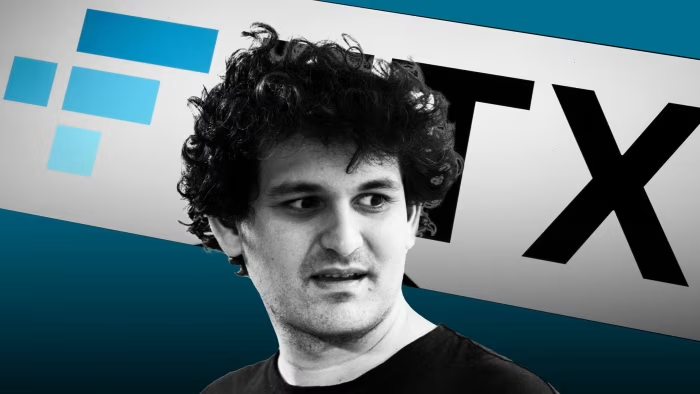TLDR
- Speculation on a potential Trump pardon for Sam Bankman-Fried surges.
- Prediction market odds for Bankman-Fried’s release rise from 4% to 16%.
- Trump’s recent crypto pardons fuel growing speculation for FTX founder.
- Bankman-Fried’s massive fraud and political ties complicate pardon chances.
Following the recent pardon of Binance founder Changpeng Zhao by President Donald Trump, speculation is growing about whether Sam Bankman-Fried, founder of FTX, could be next. With the surge in prediction market odds for an early release of Bankman-Fried, many are wondering if Trump’s leniency towards crypto figures could extend to the disgraced FTX founder. However, several obstacles complicate the possibility of such a move.
Rising Speculation and Market Reaction
In the wake of Trump’s pardon of Changpeng Zhao, interest in the possibility of Sam Bankman-Fried’s clemency has surged. Prediction markets have shown a significant increase in bets on Bankman-Fried’s potential release.
In just a few hours, the odds of his early release jumped from 4% to 16%. This uptick reflects growing speculation that Trump could follow a similar course of action, given his recent history of pardoning high-profile crypto figures.
Changpeng Zhao’s pardon, though related to regulatory violations, has raised the question of whether Bankman-Fried, whose crimes were also centered around financial mismanagement, might receive a similar treatment.
Zhao’s case, while significant, involved lesser offenses compared to Bankman-Fried’s massive financial fraud. The speculation, however, comes with mixed opinions about whether Bankman-Fried’s actions warrant a pardon, and if it aligns with Trump’s political strategy.
Trump’s Previous Pardons and the Precedent
Trump’s history of pardoning controversial figures, such as the Silk Road creator Ross Ulbricht, has added fuel to the ongoing speculation. Ulbricht was convicted of crimes that included drug trafficking and money laundering through his online platform, Silk Road.
Despite the severity of his actions, Trump granted Ulbricht clemency just days after taking office in 2017. The pardon of Ulbricht was seen as an unexpected move, considering the scale of his crimes, which involved organized crime and drug trafficking.
Similarly, Trump’s recent pardon of Binance’s Changpeng Zhao, who pleaded guilty to a single count of violating the Bank Secrecy Act, raised questions about the likelihood of a pardon for Bankman-Fried. Unlike Ulbricht, Zhao’s crimes were less severe in terms of direct harm, focusing more on regulatory violations rather than direct financial fraud or harm to customers.
These precedents suggest that Bankman-Fried’s case could fall within a range where a pardon might be considered, especially given Trump’s efforts to align himself with the cryptocurrency industry. However, the larger scale of Bankman-Fried’s crimes complicates the matter.
The Case Against Pardon for Bankman-Fried
While the pardons of other crypto figures may offer a glimpse of hope for Bankman-Fried, his case remains more complicated. The scale of the fraud committed by Bankman-Fried was unprecedented, with billions of dollars in customer funds misused, leading to the collapse of FTX. This large-scale financial scandal has resulted in widespread economic damage, affecting thousands of investors and customers worldwide.
Additionally, Bankman-Fried was convicted after a full trial, and his refusal to express remorse has been a significant factor in his sentencing. Unlike other figures who cooperated with authorities, Bankman-Fried’s defense and actions in court have not portrayed him as someone seeking redemption.
His case is more challenging from both a legal and public perception standpoint, as his actions are widely viewed as one of the most significant financial crimes in recent history.
Political Factors and Obstacles to Clemency
Another factor complicating the possibility of Bankman-Fried receiving a pardon is his political ties. Before his arrest, Bankman-Fried and his network were significant donors to political causes aligned with the Democratic Party.
Given President Trump’s pragmatism and focus on loyalty, his decision to pardon Bankman-Fried may be influenced by the political context. Pardoning a figure with such strong ties to the Democratic Party could carry risks, especially if it is perceived as a political gesture that lacks broad public support.
While Trump has positioned himself as a pro-crypto ally, his decision-making on pardons tends to be shaped by broader political considerations. These factors, combined with the immense financial fraud involved in Bankman-Fried’s case, suggest that a pardon is unlikely, despite the rising speculation.





